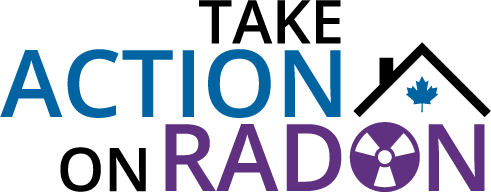Health professionals are in a unique position to help reduce the risk of radon-related lung cancer. Many Canadians are still unaware of radon gas, its attributable relationship to cancer, how it enters homes and, most importantly, how to test and mitigate.
The following resources are designed specifically for health professionals to help them educate themselves and their patients about radon and how to prevent exposure.
We are left in an odd situation in Canada. Drivers and passengers are required to wear seat belts, which are estimated to save about 1000 lives per year. Smoke alarms are required in most jurisdictions, reducing the annual rate of fire-related deaths from 130 per million households by about two-thirds. Yet, the federal government has adopted a “don’t ask, don’t tell” approach to radon, a proven carcinogen that is ubiquitous and causes thousands of deaths each year.
What’s the danger?
Radon exposure, over time, is clearly associated with lung cancer. Reducing radon exposure is an important for cancer reduction, particularly if people are smokers or live with smokers in the home.
People should talk to their doctor about their radon levels if they are elevated (over the federal guideline of 200 Bq/m3).
Simple actions for Canadians to take include purchasing a radon test or hiring a professional to test their house for radon and then following up with their doctor about the results. Reducing smoking is, of course, important but so too is reducing radon levels if they are above the action level. There are clear steps on how to do this and there are certified professionals that can help.


